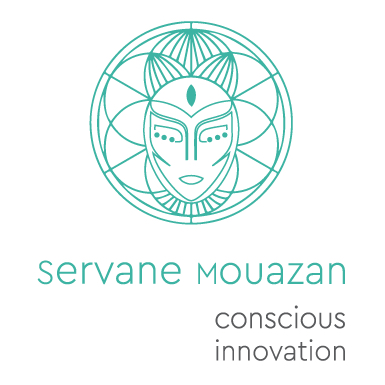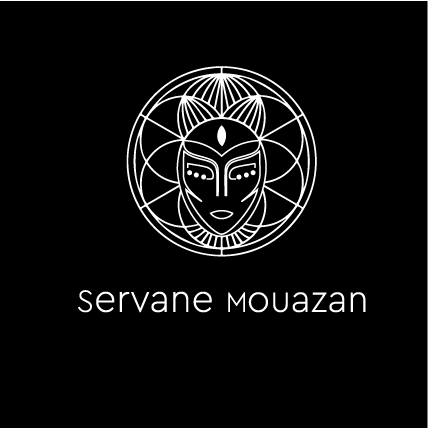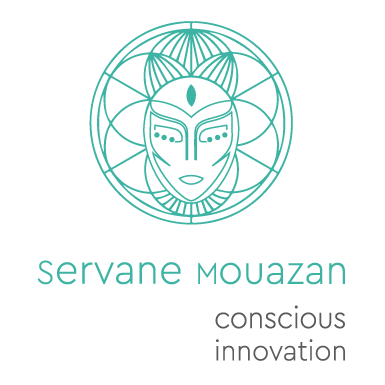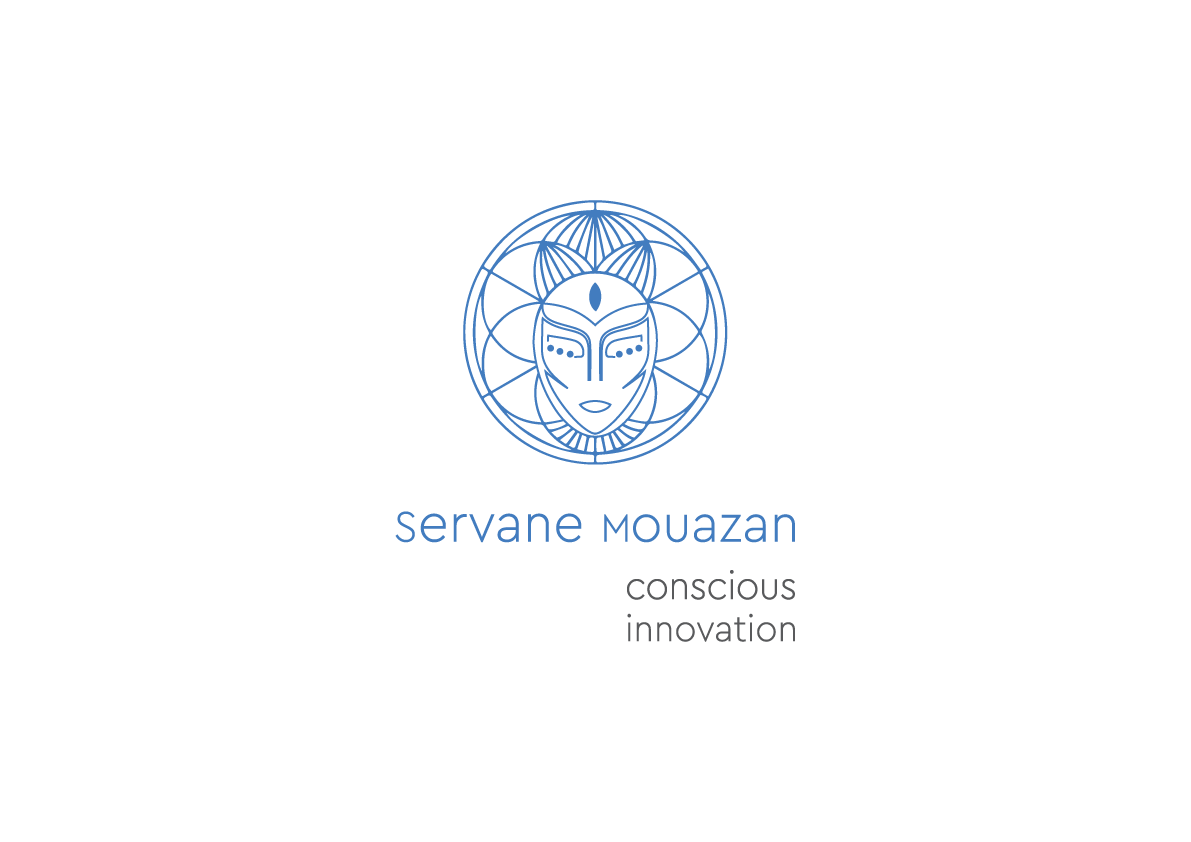I recently interviewed Abigail Driscoll from GoodWell, intrigued about their new certification process based on metrics that prove that people are a company’s most important asset.
Servane: What is Goodwell about?
Abigail Driscoll: GoodWell is a metrics based management framework designed to strengthen employee satisfaction by certifying fair, equitable, and humane workplace practices.

Servane: You call the companies who have gone the extra mile, and have become “highly engaged and aligned workplaces”, what are the key activities the decision-makers need to commit to?
Abigail Driscoll: Decision makers need to commit to changing their practices if their metrics need improvement. All employees should understand that the decision makers want to run a transparent organization. That happens from universal, fair standards.
For example, it is quite common for a company going through certification to fail the metric around gender or racial pay gaps. In order to correct this issue, the management team needs to increase the salaries of the affected individuals, this is a straightforward change that can take place immediately. However, there are other metrics which can take longer to implement corrective action such as #10 Attrition. If the organization fails the attrition metric they need to take more holistic changes to ensure they are both hiring well and creating a work environment which encourages employees to stay. In this case it may take six months to a year before the organization sees improvement in the metric. We have several organizations who are working through this type of corrective action right now.
Servane: From your study, you know that organisations that demonstrate a commitment to a fair, safe, equitable and humane workplace perform better, 37% better. There are also numerous studies on how inclusion does contribute to a better performance, or, for a topic that is close to my heart, how more women at senior level contribute to a better bottom line… According to you, why is it that some companies are still resistant to change?
Abigail Driscoll: Simply put, executives are skeptical and comfortable. What they are doing today is working and they believe these studies are more propaganda than hard evidence. The more hard data we continue to gather the harder it will be to ignore the evidence and continue to operate with traditional approaches.
Servane: Do we have a cultural problem, a language problem? Why is the change so slow?
Abigail Driscoll: Executives are simply people. It is far easier and less frightening to surround yourself with people who look like you and agree with you. Bold, genuine and honest moves in business mean risking your job. There are simply not enough leaders who are willing to stand up and do what is right even when they know it is the right thing to do.
You can not manage what you cannot measure
Servane: You have designed a set of “metrics that inspire”, can you tell us more about the process you’ve followed to come to this set?
Abigail Driscoll: When he was the CEO of a venture backed technology company, GoodWell founder Pete Gombert discovered through curious introspection that the company had a gender pay gap. This was particularly startling because he had hired and negotiated the salaries of every person in the business. This discovery shook his foundation to the core and started a long process of using metrics to help him ensure he would never again allow his intentions and actions to become misaligned.
At GoodWell we believe you cannot manage what you cannot measure. Unfortunately until now there has not been a reliable way to ensure an organization is treating its most important asset in the way it intends to.
Every entity GoodWell has worked with to date has discovered something critical they did not previously know about their actions, and that is the point, with awareness comes the ability to make change. Each of the metrics address a universal standard that all organizations should aim to meet.
Servane: I imagine the metrics work best when explored simultaneously. Which metric however do people mostly respond to, and which one companies believe it is more complex to work around, at first glance?
Abigail Driscoll: The pay gap metrics, both racial and gender pay equity, have fueled a lot discussion among decision makers. Several organizations have actually failed these metrics, and GoodWell provides a way towards continuous improvement in remedying these gaps. At first, many of these leaders believe they have fair pay across race and gender, but when the data comes back, they are surprised. As a result, GoodWell intends to provide an open source pay gap methodology so any size organization can easily apply the practices toward pay equity.
Servane: Have you got a cool success story to share?
Abigail Driscoll: GoodWell’s first and largest certified organization is the City of Boise. Pete initially met with the Mayor, who wanted to ensure all of city council was on board with the process. After unanimous support from all council members and lots of data collection and analysis, the City passed. It is amazing to have the buy-in from a government who wants to be an example for its citizens and thousands of suppliers. Another powerful benefit with GoodWell is the ability to transform the supply chain.
Servane: What is your next challenge at GoodWell?
Abigail Driscoll: GoodWell is in the process of releasing a simple software platform for insights the leaders can own. It involves artificial intelligence and sentiment analysis to comb through subjective employee feedback. The current challenge is categorizing and training the platform to synthesize data from large organizations.
Servane: Thank you Abigail!





You must be logged in to post a comment.